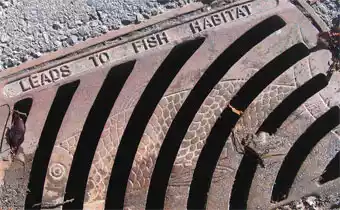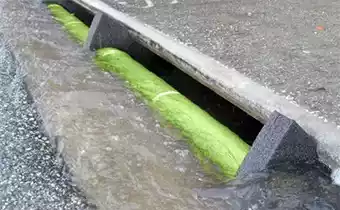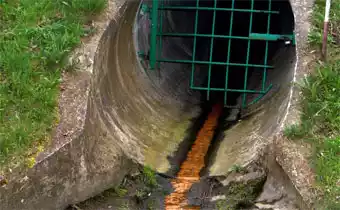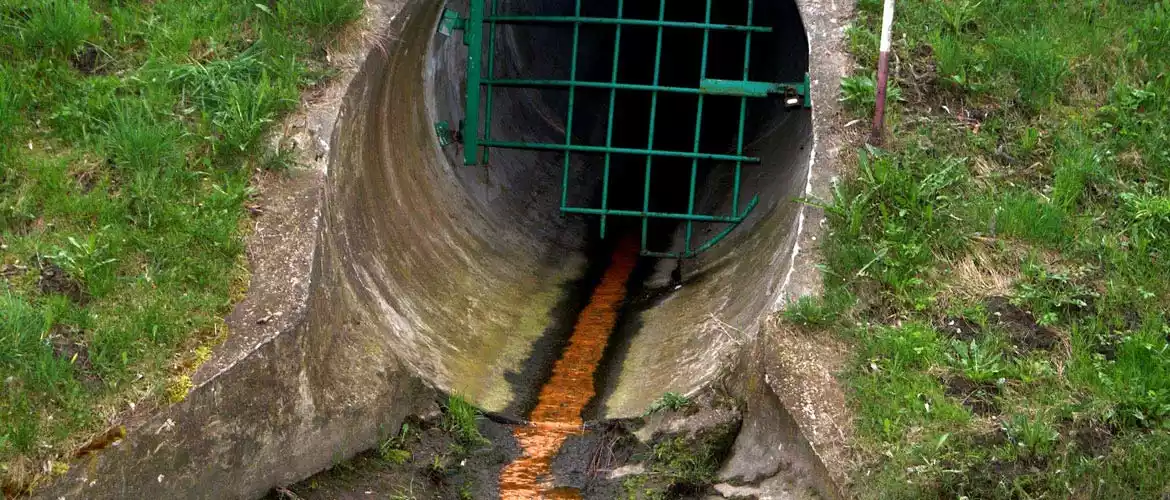As cities and counties grow, stormwater runoff becomes a significant burden to the local government and their surrounding communities. As water washes over parking lots, rooftops, and other hard surfaces during any rain event, it picks up chemicals, trash, and other contaminants. Stormwater pollution can be toxic to waterways and the local ecosystem without a proper system in place to handle it. A stormwater pollution prevention plan is important for managing the stormwater pollution and maintaining compliance with EPA regulations.
 Many townships and cities have a municipal separate storm sewer system (MS4) to filter and store stormwater runoff before discharge into nearby surface waters. An MS4 is a public-owned system designed to collect and transport stormwater using pipes, tanks, curbs, and other water transit devices. Every MS4 is regulated by the EPA through the National Pollutant Discharge Elimination System (NPDES), and many also must comply with state regulations as well. Clarion Municipal offers a variety of supplemental NPDES-compliant equipment for use in a municipal separate storm sewer system.
Many townships and cities have a municipal separate storm sewer system (MS4) to filter and store stormwater runoff before discharge into nearby surface waters. An MS4 is a public-owned system designed to collect and transport stormwater using pipes, tanks, curbs, and other water transit devices. Every MS4 is regulated by the EPA through the National Pollutant Discharge Elimination System (NPDES), and many also must comply with state regulations as well. Clarion Municipal offers a variety of supplemental NPDES-compliant equipment for use in a municipal separate storm sewer system.
Contact us and we can help you find stormwater runoff solutions for your situation.
Stormwater Runoff Filtration
 One of the simplest ways to filter stormwater pollution is to catch it before it seeps into underground MS4 pipes. Much stormwater runoff enters the city's water system through curb drains and street grates. Storm Drain Filters placed over, under, or in the drain catch a significant amount of debris, sediment, and trash, keeping the city within stormwater compliance regulations. Filtration options from Clarion Municipal include:
One of the simplest ways to filter stormwater pollution is to catch it before it seeps into underground MS4 pipes. Much stormwater runoff enters the city's water system through curb drains and street grates. Storm Drain Filters placed over, under, or in the drain catch a significant amount of debris, sediment, and trash, keeping the city within stormwater compliance regulations. Filtration options from Clarion Municipal include:
For cities that use stormwater detention ponds or retention basins, Dewatering Products provide a way to filter out contaminants and prevent them from leaving the area. Dewatering bags or tubes, depending on the size of the job, sit along side or even within the pond. Pumps disperse water into and through the bag. Sediment and silt remains trapped, while the clean effluent returns to the pond. Once full, the dewatering bags are transported away for compost, fertilizer, or proper disposal, depending on the nature of the contents.
Stormwater Runoff Storage

Whether through geography or lack of infrastructure, some municipalities are not equipped to handle large quantities of stormwater runoff. Many states have stormwater compliance regulations concerning the amount of water that can be released into local waterways from the municipal separate storm sewer system over a period of time. To alleviate flooding concerns, cities may keep large water tanks at the ready to specifically hold excess stormwater. This water can be held for proper processing at a later date, or it can be used for other purposes, such as landscape watering or fire suppression.
Our Liquid Storage tanks can hold surplus water in reserve while it waits for use or waits to enter an MS4 detention pond. Just as cities and counties come in all sizes, our tanks do as well. Small villages may only need a few thousand gallons of storage, while a suburban town might need close to one million. Clarion Municipal can cover either as well as above or below ground equipment to fit within the community landscape. 
Visit the EPA to learn more about Stormwater Discharges from Municipal Sources and Developing Your Stormwater Pollution Prevention Plan.
See our overview page for more One Clarion product applications.
Questions about stormwater runoff? Contact Us for more information.



